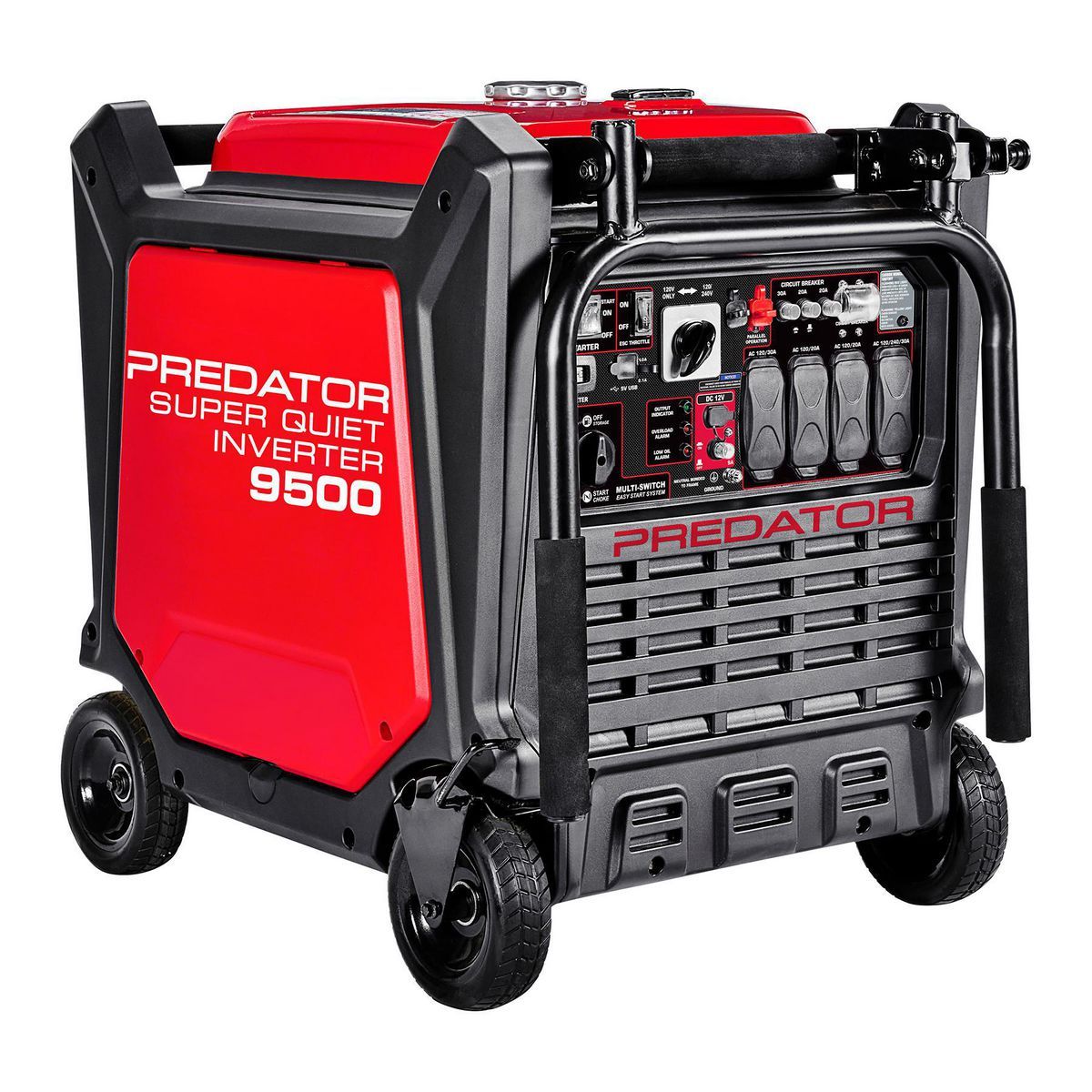Depends. Price of wood, efficiency of wood stove, efficiency of heat pump? My primary source of income in life is analyzing efficiency in HVAC products. So I may have over thought some of this by this point in life.
I also throw in an initial cost component, labor (time) spent to operate and expected life cycle(depreciation) as well as annual maintenance and repair.
I'm located in central Ohio. My belief is heat pumps are great for heating down to just under 50 degrees outdoor ambient. I do not like to heat with them once they begin to cycle into defrost mode, as the supplement heat from gas or electric used during the defrost cycle is a killer of overall efficiency. So at 45 degrees I switch to 91% efficient gas furnace. I installed a 1000 gallon propane tank in order to buy gas once per year at discounted late summer pricing. The additional cost going from a new 500 gallon tank to a new 1000 gallon tank was a mere $1,000 and the capacity difference of 400 vs 800 gallons has saved me over $300 /year so in 4 years the extra initial cost was eliminated.
Once temperatures reach 20 degrees or colder I fire up my high efficient wood stove with a CAT . I'm actually not convinced the CAT stove was a good idea at this point, as many stoves reach similar efficiency when burned properly at the upper end of their thermal capacity. I thought I would burn more in shoulder season which is why I went with the CAT, but since I can not smoulder the wood it gets the house too warm, so heat pump it is for mild weather.
I say all that to say this, yes, in most cases in mild weather (50 or above) , heat pumps are excellent sources of heat both in ease of use and cost per btu. In cold weather, I still pencil gas or wood out as far superior looking at my inputs. Geothermal has the continuous advantage of heating with warmer ambient from water, and has a huge cooling advantage during the summer, but even with all that efficiency advantage the initial cost is prohibitive.



 ) I have about 6 3 - 5 gallons each. Walmart.
) I have about 6 3 - 5 gallons each. Walmart.